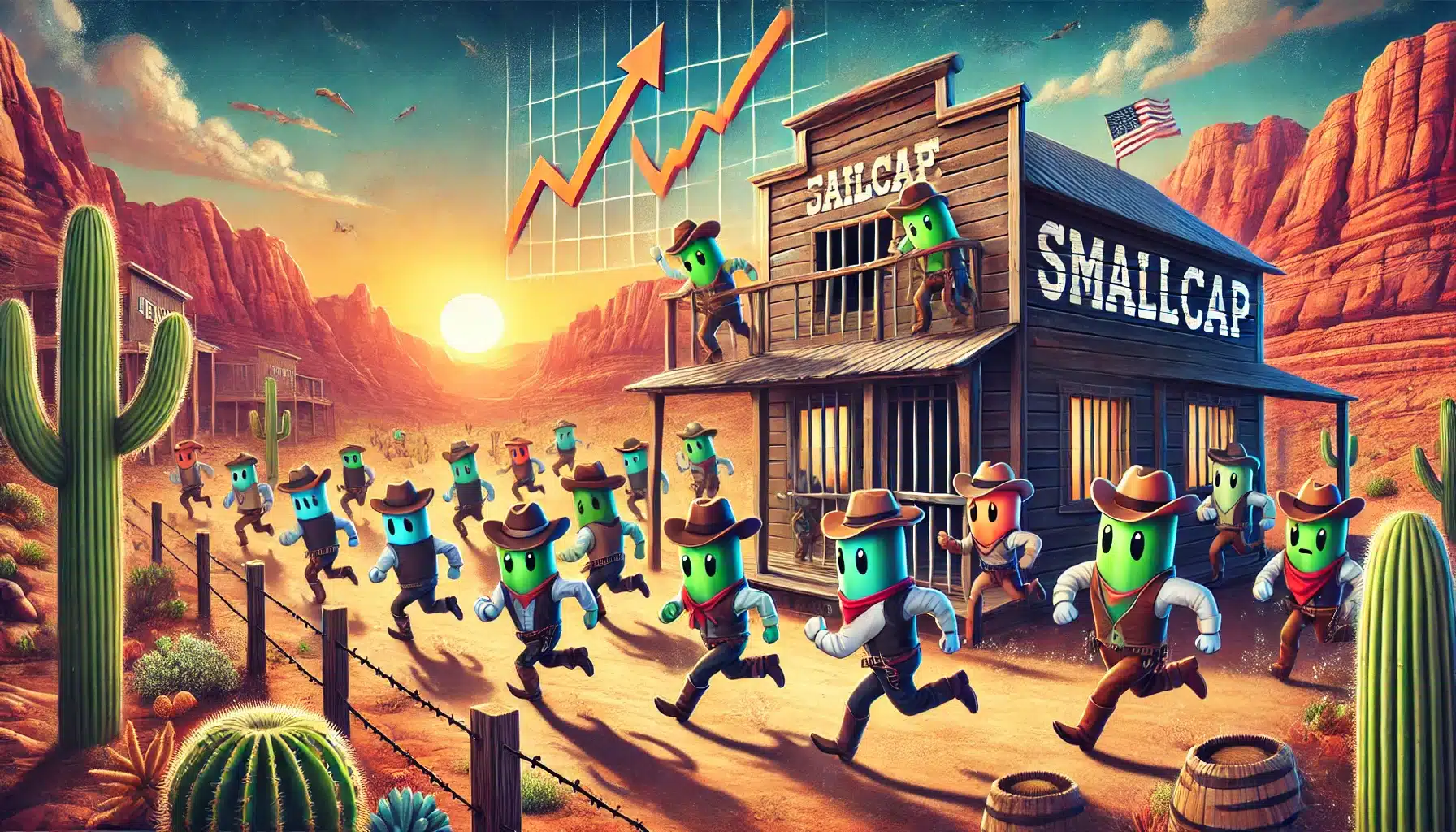

‘Tis the season. A new Malcolm Gladwell book, “David and Goliath: Underdogs, Misfits, and the Art of Battling Giants” is out, shooting straight to the top of most non-fiction bestseller lists and ready-packaged for earnest gift-giving come December. And just as inevitably as the leaves change colour and fall to the ground, so gathers Gladwell’s growing army of haters, who have fresh fuel for their fire. Ready for the contact sport that is Malcolm Gladwell criticism?
Today, however, thirteen years after the publication of Gladwell’s first book “The Tipping Point: How Little Things Make a Big Difference”, they are sounding increasingly reasonable in their critique of the man with the Sideshow Bob hairdo.
“One of Gladwell’s themes is that clear thinking can be overwhelmed by irrelevant information, but he revels in the irrelevant,” said Richard Posner in a review of “Blink” for The New Republic. “He wants to tell stories rather than to analyze a phenomenon. He tells them well enough, if you can stand the style. (Blink is written like a book intended for people who do not read books)”.
Maybe it’s because he is chiefly marketed as a business writer, filed as his books are in the Business section of the New York Times bestseller list. But applying Gladwell’s insights to your business practice would more than likely be a huge waste of your time. You’d be better off looking for insights in the films of the Marx Brothers.
Gladwell’s many supporters will point out on his behalf, “Come on, he’s not a scientist. He’s writing for a pop audience, presenting bite-sized pieces of suggestive research that often frame a surprising or unexpected argument. What harm is there in that? You’re just jealous!” And the haters retort, “A lot of harm, actually. His popularity confers even greater responsibility on him to adhere to much stricter standards of research and rigor. But instead, he gathers facts to fit an argument that he knows he’s going to make in advance. And yes, actually, I am also kind of jealous.”
His popularity confers even greater responsibility on him to adhere to much stricter standards of research and rigor. But instead, he gathers facts to fit an argument that he knows he’s going to make in advance.
To gauge the fluidity of Gladwell’s truthiness, consider the argument applied in his breakthrough book “The Tipping Point”, that a ruthless approach to cracking down on crime employed by the police force in New York City which came to be known as Broken Windows ended up being credited for the city’s dramatic drop in crime. The problem being that crime also dropped everywhere else in the United States during the same time span. Nobody knows why. It’s certainly not because every police force in the nation read “The Tipping Point” and then decided to implement Broken Windows. But Gladwell connected all the dots, it fit his thesis and it’s a heartwarming narrative to boot, so Broken Windows it is.

In his new book “David and Goliath”, a ruthless approach to cracking down on crime in the form of California’s Three Strikes law is characterized by Gladwell as an example of institutional heartlessness and state overreach designed to destroy the lives of otherwise harmless offenders.
Spot the difference.
You can’t fault Gladwell for lack of consistency. He always turns in the sort of quirky, observational, minutely researched revelation of a larger “truth” by focusing on the telling detail that in turn evokes easy gasps of admiration from an audience predisposed to find inspiration anywhere it can.
Coming away from a Gladwell book, though, often enough feels like a slight step up from your daily routine cleansing experience, a bit like taking a shower in a hotel washroom rather than at home. The reader feels inexplicably refreshed, as though they’ve gleaned a valuable insight, without necessarily being able to pinpoint what that insight might actually be.
In the case of “David and Goliath” it’s all about the underdog. People think they love underdog victory narratives. The media is full of them. “Revenge of the Nerds”? “Rocky”? Susan Boyle? “Big Bang Theory”? “Bad News Bears”? Woody Allen? Every John Hughes movie?
These narratives, however, are a fun-house mirror distortion of reality. “Winners win” is a boring narrative. There’s no drama. So everyone believes in the little guy, because the underdog narrative inherently contains drama.
In reality, though, no one wants to be the little guy. Being the underdog sucks. (Protip: If you have ever been given a Gladwell book for Christmas, it’s because people think you’re a loser).
Still a fan? Here, listen to Gladwell on the subject of you: “If my books appear to a reader to be oversimplified, then you shouldn’t read them: you’re not the audience!” Did you hear that? Even Malcolm Gladwell thinks you’re an idiot.
No one ever went broke publishing a book-length theory on why underdogs should never be underestimated. The stakes in doing so really could not be lower.
In the vein of Gladwell’s pop-culture meanderings, here’s my pop-culture theory about the dominance of underdog culture, for what it’s worth: A disproportionate number of the “underdogs” in high school ended up in the arts. The winners ended up going out and controlling the world. The underdogs therefore now control what they can of the cultural narrative, which is actually quite a lot. You’ll notice that winners aren’t writing novels or making films, although they do put up all of the money. Therefore, we seem to live in a culture in which losery schmoes end up winning the race, getting the girl and “winning” in the end. But the underdog narrative does not pan out in real life. Gustave Flaubert once stated that his primary motivation for writing was revenge. He was being honest.
No one ever went broke publishing a book-length theory on why underdogs should never be underestimated. The stakes in doing so really could not be lower. And here comes Malcolm Gladwell, absorbing the criticism of his softball non-academic academic style and replying, “The mistake is to think these books are ends in themselves. My books are gateway drugs – they lead you to the hard stuff.”
Be honest. After sampling a puff of Gladwell, have you ever felt the need to then hit the streets in search of some pharmaceutical-grade deep research? Or maybe you didn’t inhale. On the upside, Gladwell’s books are exactly the kind of snack you might reach for when you’re too stoned to read something difficult, alongside your collection of Viz comics and your unread copy of Lean In.
Malcolm Gladwell has made a living presenting bite-sized pieces of suggestive research that often frame a surprising or unexpected argument. This has routinely taken his books to the top of the New York Times best-seller list, where he is chiefly marketed as a business writer. But applying Gladwell’s insights to your business practice would more than likely be a huge waste of your time because he simply does not adhere to strict standards of research and rigor.
“David and Goliath” contains a passage that I would have been proud to have written as a satire on Gladwellian writing: “What many medical experts now believe, in fact, is that Goliath had a serious medical condition. He looks and sounds like someone suffering from what is called acromegaly, a disease caused by a benign tumor of the pituitary gland. The tumor causes an overproduction of human growth hormone, which would explain Goliath’s extraordinary size. And one of the common side-effects of acromegaly is vision problems. Why was Goliath led on to the valley floor by an attendant? Because the attendant was his visual guide. Why does it take him so long to understand that David has changed the rules? Because he doesn’t see David until David is up close.”
And by then it’s too late. This is a bible story! Are we seriously going to sit here and diagnose Goliath’s pituitary gland?
Here’s what Malcolm Gladwell thinks he is saying in conveying this nugget: “Never judge a book by its cover. The meek may very well surprise you and inherit the Earth. It would be a terrible mistake to underestimate an unimpressive person.”
Here’s the actual takeaway from this story: “If Goliath were perfectly healthy and had no problem with a tumour in his pituitary gland, he would have beaten the absolute hell out of David, no question about it. I mean, look at him. He’s huge.” That doesn’t make for a very inspiring story, though. Wouldn’t sell many books, and scans very badly on the TED stage.
On the subject of “Come on, he’s harmless,” remember that Gladwell’s books are categorized in the Business section of the New York Times’ bestseller list. So, is he a business writer? Or do business people like to read him because they don’t have time to read the in-depth, difficult research and statistics that Gladwell digests on their behalf? Business bloggers love him.
What harm could there possibly be in pointing out that an unusually high number of successful people are dyslexic? Look at Sir Richard Branson! He’s got an airplane! Are you dyslexic? You can be just like him. And did you lose your father when you were a young man? Just like George Washington! And Barack Obama! Ice-T’s father died when he was 9. And just look at Lance Armstrong! Oh, wait…
The long and the short of it is that his data and the way he interprets it is practically meaningless. Or put another way, it’s meaningful in an absolutely useless way. What Gladwell provides is a frozen-dinner template on which other, lazier business gurus can base their own half-baked models, in which inspirational stories stand in for analysis and counterintuitive narratives can convince a willing and eager audience of aspirants that they are winning when they are in fact losing.
file under Malcolm Gladwell criticism, Malcolm Gladwell criticism Tipping Point, Malcolm Gladwell criticism The Tipping Point, Malcolm Gladwell criticism Outliers, Malcolm Gladwell sucks
____________
Comment
Leave a Reply
You must be logged in to post a comment.




 Share
Share Tweet
Tweet Share
Share




Great article. Shameful these even qualify as books. Its like reading a Psychology Today magazine.
If you’re one of those folks looking for black and white rules to every aspect of life, Gladwell is not going to be your writer of choice. But for me, today’s fact, that was yesterday’s theory and probably tomorrow’s misinterpreted piece of data is usually not a whole lot more accurate. I like Gladwell’s books because their inspiring around ideas. I don’t take every fact as an absolute, but I do like the way he frames up an idea, or trend. When you spend a lot of your time thinking about the future, you have to be comfortable thinking about “facts” as plot points in today’s world, not absolute pillars to the way things will always be.
Gladwell’s books inspire me to think about things in new ways and help to shape existing ideas. For that, he’s always a great read IMHO.
….is Gladwell actually suggesting his fluffy theories be applied to business practises or is Sir Terry upset that someone beat him to the punch in publishing swill?
Finally someone yelling the “emperor has no clothes”. Gladwell use of anecdotal evidence drives me crazy. Really no data to support view points. Great article Mr Dawes.
Really did I just read that?? “ideally for the better”…….. Ineffable……. Uuuuuuuuum cuz yo, I make fresh rhymes daily…..u burn me? Reaally, think just blink and I make a million rhymes….just imagine if u blink a million times…..DAMN …. I get paiD….
Answer? How many a u people really know you’re alive???…….
Gladwell I owe u…..thank you Buddha…..
Thank u Buddha. Maybe you’d enjoy ” the geography of thought” Marty mar
Here’s an interesting article “Defending Malcolm Gladwell to Intellectuals http://www.thebestschools.org/blog/2014/10/13/defending-malcolm-gladwell-to-intellectuals/
i’m talented yes i’m gifted – never boosted, never shoplifted.. i even got an island of my very own – i got a frog and a dog with a solid gold bon… you’re invitin’ me a titan to a battle, why?
i need don’t need your respect you afrohaired wanna be scientist…
’cause — i got it made!
Inspiration without fact is generally considered propaganda.
I would say that depends on where you draw the line for what’s a fact, or truth? There is a hierarchy to what people often think of as truth. If you are only going by the highest level or empirical data as what’s really true, or a fact, then you might be limited to in being able to consider new ideas. I don’t take in Gladwell’s stories as facts, but more as an idea that he’s pushing out there to be considered or challenged – concepts awaiting proofs. I see it as provocative entertainment. Much the same way I watch a Michael Moore documentary. If it doesn’t work for you, that’s cool, but I do take something away from it that you cannot dismiss.